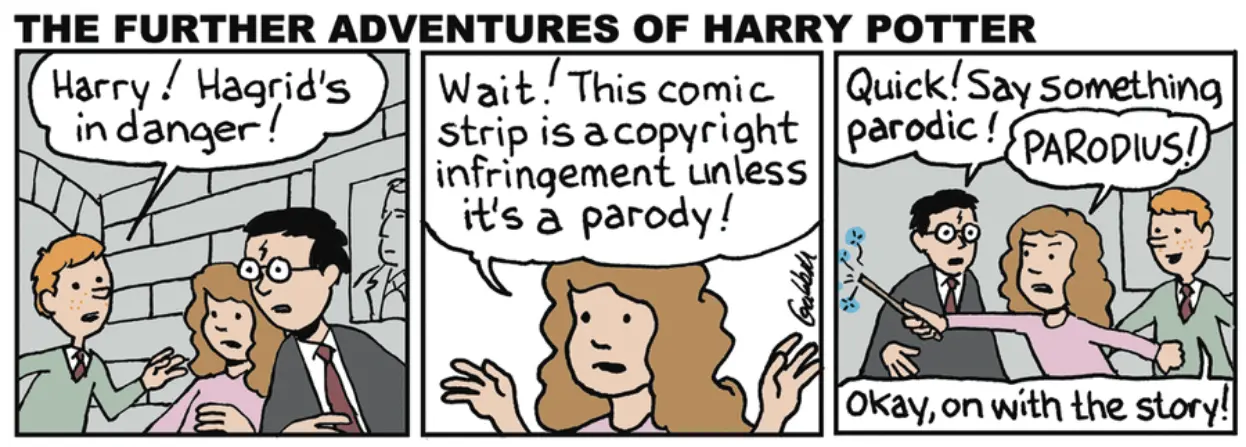I mean, a camera is an easy thing to block, as long as you're aware of it, understand the implications, and have the desire to block it. Just obstruct the lens. Roll of black electrical tape, put a strip over it, done. Now, most people out there may not actually do so...
Only becomes an issue if other services that you actually want are tied to the camera, or if the TV refuses to operate without a usable picture of the viewer or something.

Amusingly, it sounds kind of like there are some questions about Gorka's own immigration status. Under Afroyim v. Rusk, the government cannot strip an American citizen's citizenship:
https://en.wikipedia.org/wiki/Afroyim_v._Rusk
However, this is predicated upon the citizenship being having been validly-granted in the first place. If the citizenship is later discovered to have been granted dependent upon false representations being made to naturalization, the government can strip it as never having been validly granted in the first place.
https://en.wikipedia.org/wiki/Sebastian_Gorka
https://consortiumnews.com/2024/11/26/john-kiriakou-sebastian-gorka-is-back/
https://www.durbin.senate.gov/newsroom/press-releases/senators-call-for-investigation-of-sebastian-gorka-after-reports-surface-of-ties-to-neo-nazi-group